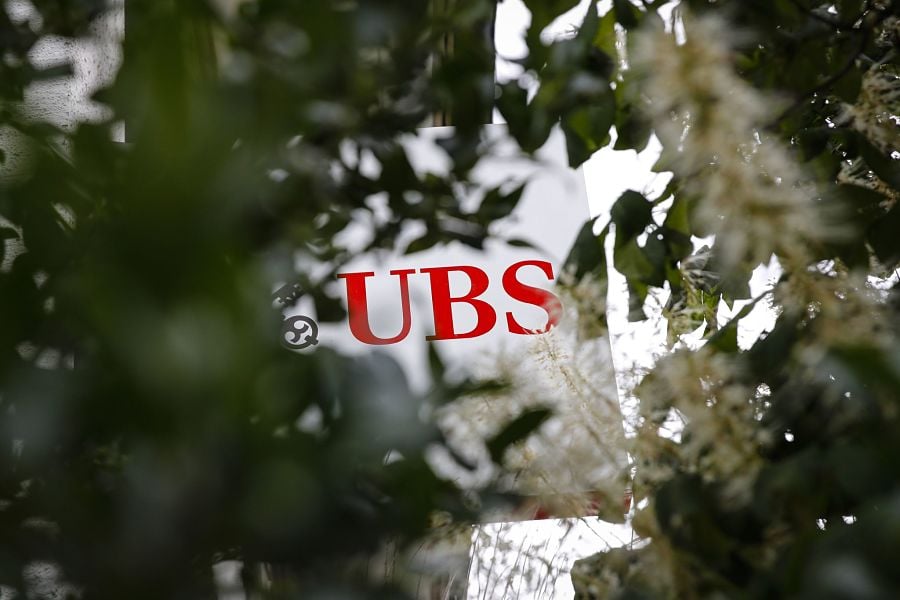

The Financial Industry Regulatory Authority Inc. said Tuesday it had fined UBS Securities $2.5 million for violating an industry rule about addressing a trading problem known as a "failure to deliver" that could lead to abusive “naked” short selling of securities, meaning the sale of securities that an investor does not own or has not borrowed.
It's the second time in as many weeks that Finra has penalized a firm for such trading violations. Last Wednesday, Finra fined Wedbush Securities Inc. $900,000 for similar alleged rule breaking.
As part of the settlement, UBS agreed to Finra's findings without admitting or denying the charges. "UBS is pleased to have resolved this matter," a spokesperson wrote in an email.
According to Finra, from 2009 to 2018, UBS failed to timely close out at least 5,300 failure-to-deliver positions. The firm also routed or executed more than 73,000 short sales in securities with an unsatisfied close-out requirement without first borrowing or arranging to borrow the shares.
The rule, dubbed Regulation SHO, requires firms to take affirmative action to close out failure-to-deliver positions resulting from short sales in equity securities by borrowing or purchasing the securities by the beginning of regular trading hours the day after the settlement date.
When a firm doesn't close out a failure to deliver, the rule prohibits the firm from accepting additional short sale orders in the security without first borrowing or arranging to borrow the security, which is commonly known as the “penalty box.”
"The short sale obligations imposed by Regulation SHO afford critical protection to the markets and investors," Jessica Hopper, executive vice president and head of the enforcement department at Finra, said in a statement.
In June, the Securities and Exchange Commission ordered UBS Financial Services Inc. to pay nearly $25 million to settle charges that it defrauded clients who invested in a complex options product.

Relationships are key to our business but advisors are often slow to engage in specific activities designed to foster them.

Whichever path you go down, act now while you're still in control.

Pro-bitcoin professionals, however, say the cryptocurrency has ushered in change.

“LPL has evolved significantly over the last decade and still wants to scale up,” says one industry executive.

Survey findings from the Nationwide Retirement Institute offers pearls of planning wisdom from 60- to 65-year-olds, as well as insights into concerns.
Streamline your outreach with Aidentified's AI-driven solutions
This season’s market volatility: Positioning for rate relief, income growth and the AI rebound
